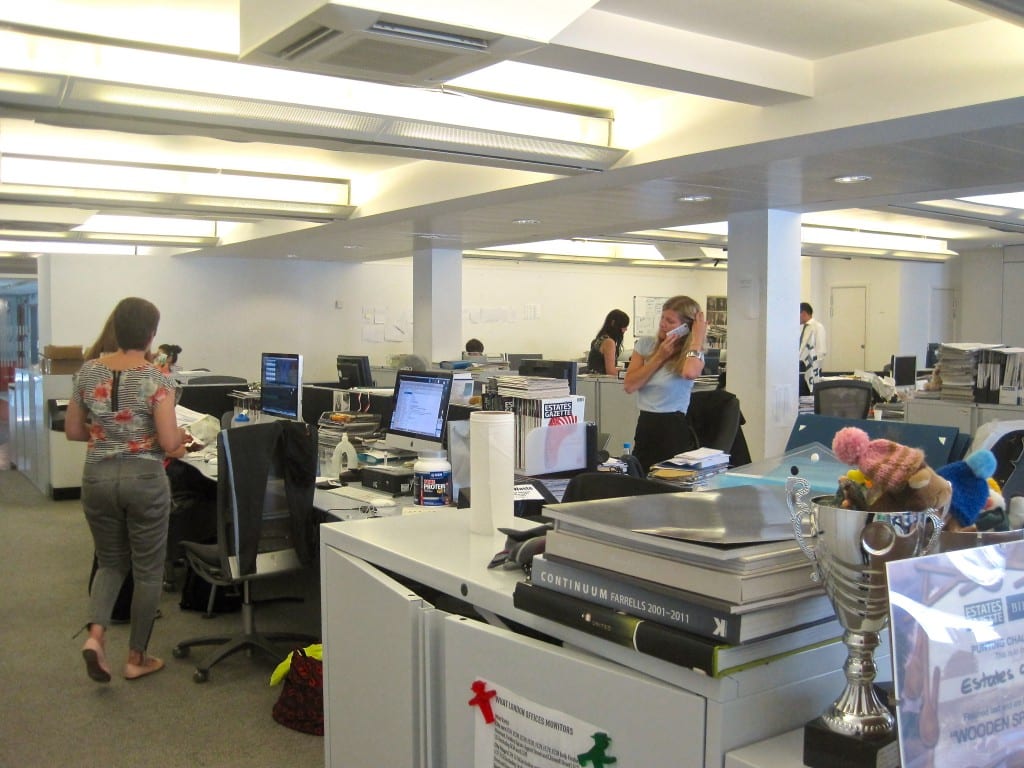How to make the most of your summer
By UCL Careers, on 28 February 2019
Internships are key to building experience as a student or recent graduate. Employers are much more likely to hire someone with internships and work experience, rather than someone with a generic resume, lacking experience. Many internship opportunities help set the foundation for your career. The summer is a perfect opportunity to focus on what needs doing and to gain that all important experience.
Here we explain the benefits of undertaking an internship and what you need to consider when building on your own brand, networking and online presence, along with the softer skill benefits it offers.
Undertaking an internship
You can gain a lot from doing an internship. From being able to develop common workplace skills such as team work and commercial awareness, to demonstrating work experience on your CV and making new connections with employers. You will be able to explore a field of work and reflect on your strengths and weaknesses to build your confidence, and understand how theory and research relate to practice in a work context.
Last, and not least, you will have an opportunity to earn money. Find a summer internship in our UCL Careers Summer Internship Scheme where you will be paid London Living Wage. Opportunities are live now until 24th March. You can also browse other opportunities on myUCLCareers.
Creating a portfolio
For some roles, especially in media, fashion and design, it’s important to have a portfolio of work to show employers at interviews. This could include photos, drawings, examples of writing or anything that demonstrates your creativity. You could use the summer to build an online portfolio in the form of a website then use the link on your CV or in future applications.
Have you connected?
If you have made some connections over the year, you can re-visit them. Leverage your network to identify people who are in your desired field or industry and set up an informational interview to learn more about your potential career path. Begin speaking with potential mentors, such as UCL Alumni and build relationships with existing mentors. This will put you in a strong position after you graduate and it will remind important people that you are both interested and interesting!
Building your online brand
Linked to networking your personal network is how the outside world sees you, including prospective employers. Sites like LinkedIn, Instagram and Facebook can be powerful tools to let employers know who you are and what you can do.
Learning about you
The first step in making an informed decision about anything relating to your career is understanding yourself. If you don’t really know what you want or what you are good at then this can be really hard.
Use the summer to get to know yourself a bit better. Travelling, making new friends or learning new skills through online courses can be a really good way to bring out your strengths and help you find your passion. Don’t forget, you can always come into UCL Careers for a short guidance appointment with one of our Careers Consultants.
Find yourself an opportunity through the UCL Careers Summer Internships Scheme, or through the myUCLCareers vacancies tab. Deadline for applications for roles in the UCL Careers Summer Internships Scheme is Sunday 24th March.
 Close
Close








